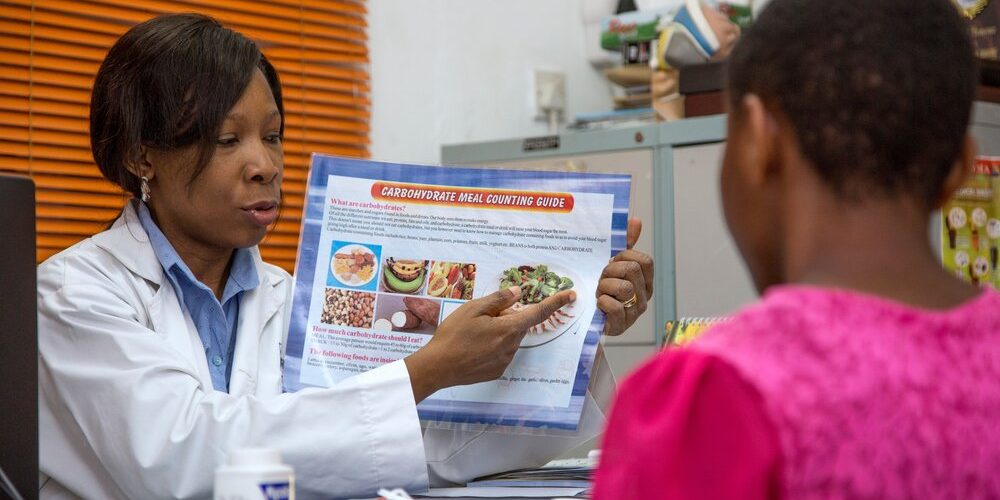Over a year ago, the Ministry of Health (MOH) changed the policy of drug refills at health facilities from one month to three months for people living with hypertension and diabetes. But the majority of diabetic people only get medication that lasts about two weeks.
Africa is expected to experience the highest increase in diabetes globally. The number of people suffering from the disease is predicted to rise to 55 million by 2045—a 134% spike compared with 2021.
At 70%, the continent also has the world’s highest number of people who do not know they have diabetes. Diabetes impairs the body’s ability to produce or process insulin, a substance essential to counteracting a dangerous rise in blood sugar.
Grace Nakyeyune who has been diabetic since 2017 says that she initially was picking her medicines from Wakiso Health Center IV but because of constant stock-outs, she, with a help of a friend, changed to Kiruddu National Referral Hospital. But the health workers asked her to buy from private pharmacies when she visited in November.
Dr Susan Nakireka, a Diabetologist says Nakyeyune’s story is shared by many people battling both hypertension and diabetes. She says while the idea of having drug refills that are longer was great, there hasn’t been an effort to fulfil it because of drug shortages. She says many of her patients have reported only having enough to last about a week or two, and some drop out of care when asked to buy something that complicates their conditions.
Nakireka says the situation is worse for those that suffer both illnesses since they are told to return for review after three months and yet are only given half of the medicines that they require. For a month, she estimates that if one is to buy their treatments, they incur costs of not less than 300, 000 Shillings.
Christopher Kwizera, the Executive Director of Uganda NCD Alliance says that now people living with Non-Communicable Diseases have to help themselves out of the crisis recommending that they form membership groups where they pool resources and buy drugs in bulk so that they can share them at a reduced cost.
He says government doesn’t know what exactly in terms of budget for drugs that they need to be able to handle the increasing number of people living with Non-Communicable Diseases (NCDs) because proper quantification hasn’t been done.
However, when this was put to Dr Gerald Mutungi, the Commissioner NCDs in the Ministry of Health, he said they are aware of the constant stock-outs for especially hypertension and diabetes drugs but they can’t do anything about it considering that they work with a very low budget and increasing numbers of people.
He said while they have quantified their need and estimated their drug budget to be more than 80 billion Shillings, they are currently allocated four billion Shillings which cannot do much. Even as they passed the resolution of giving three months refills as a solution into COVID-19 transmission when they were trying to limit movements, Mutungi says the ministry is studying an innovation where they will have peers pick refills for their colleagues who have controlled their blood pressure or diabetes.



